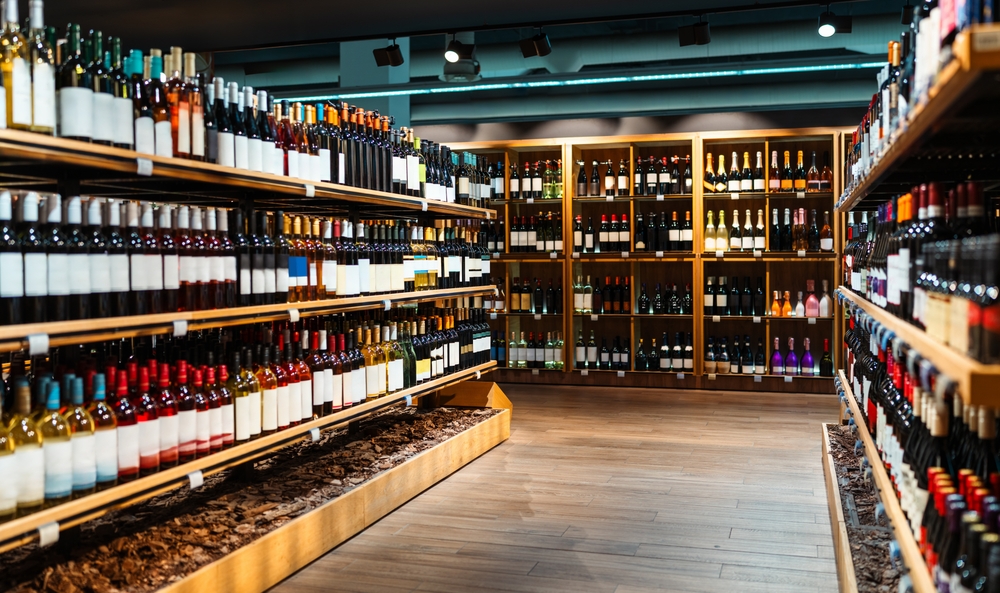Why Specialized Coverage Matters for Liquor Stores
Unlike many retail businesses, liquor stores face a distinct set of risks. The combination of high-value inventory, extended operating hours, customer interactions, and alcohol-related liabilities creates a scenario where standard business insurance may not be enough.
A comprehensive liquor store insurance policy is designed to address these challenges head-on. It not only protects your physical store but also your financial stability in case of lawsuits, accidents, or regulatory issues. This type of policy gives liquor store owners peace of mind, knowing they are covered where it matters most.
What’s Included in Liquor Store Business Coverage?
A strong liquor store business coverage package typically combines several essential types of insurance. Here’s a breakdown of common components:
1. General Liability Insurance
This is the cornerstone of any business insurance plan. General liability covers claims related to bodily injury or property damage that occur on your premises. For liquor stores, this is especially important in the event a customer slips, falls, or gets injured inside your shop.
2. Liquor Liability Insurance
One of the most crucial coverages for any business that sells alcohol, liquor liability insurance protects you if a customer causes harm to themselves or others after consuming alcohol purchased from your store. In many states, this type of coverage is legally required for businesses in the alcohol retail industry.
3. Commercial Property Insurance
Protecting your store’s physical assets is just as important as liability coverage. Property insurance covers damage or loss due to fire, vandalism, storms, or other covered events. This includes your building (if owned), shelves, refrigeration units, signage, and most importantly—your valuable alcohol inventory.
4. Business Interruption Insurance
Unexpected closures due to fire, flood, or other disasters can bring your operations to a halt. Business interruption insurance compensates for lost income during these periods, helping you stay afloat while repairs or restoration are underway.
5. Workers’ Compensation
If you employ staff, workers’ comp is essential—and often mandatory. It covers medical expenses and lost wages if an employee is injured on the job. From stocking heavy cases of liquor to handling glass bottles, injuries can happen, and being prepared is critical.
6. Crime and Theft Coverage
Liquor stores are often targeted for theft due to the cash-heavy nature of the business and the resale value of alcohol. Crime coverage helps protect against employee dishonesty, shoplifting, and burglary.
Tailored Coverage for Your Unique Needs
No two liquor stores are exactly alike. Your coverage needs may vary based on store size, location, number of employees, and the types of alcohol you sell. For example, a boutique wine shop in a quiet neighborhood will face different risks compared to a high-traffic convenience store that also sells liquor.
Working with an experienced insurance provider who understands retail protection and commercial insurance for liquor stores ensures your policy fits your actual risks—without paying for what you don’t need.
Common Risks Faced by Liquor Store Owners
To better understand the importance of liquor store business coverage, it helps to look at the most common risks faced in the industry:
Slip and fall injuries due to spills or wet floors
Property damage from vandalism or break-ins
Employee injuries while handling heavy stock
Fires caused by electrical faults or faulty refrigeration
Legal claims related to selling alcohol to underage or intoxicated individuals
Inventory loss from theft or power outages affecting refrigeration
Proper coverage mitigates the financial burden of these incidents and helps maintain smooth operations even during a crisis.
Legal Requirements and Compliance
Depending on your state, there may be specific legal requirements for liquor liability or retail insurance. Having the right liquor store insurance not only keeps you compliant but may also be a prerequisite for obtaining or renewing your liquor license. Failing to carry adequate insurance can result in fines, license suspension, or closure.
How Much Does Liquor Store Business Coverage Cost?
The cost of coverage varies depending on factors like store size, location, claims history, and the types of alcohol sold. On average, small liquor store owners can expect to pay between $1,200 to $3,500 annually for a comprehensive policy. While this may seem like a significant investment, the financial protection it provides in the event of a claim far outweighs the cost.
Finding the Right Insurance Partner
Choosing a provider who understands the retail liquor industry is essential. Look for insurers who offer:
Customizable plans tailored to liquor stores
Competitive rates without cutting corners on coverage
Transparent policies with clear terms and conditions
Fast claim processing and dedicated customer service
A strong insurance partner will walk you through your options and help you balance coverage needs with your budget.
Final Thoughts
Operating a liquor store is a rewarding yet high-risk business. Having the right liquor store business coverage in place shields you from potential financial disasters, legal battles, and operational disruptions. With the right mix of liability, property, and business interruption protection, you can focus on growing your business with confidence.
Invest in coverage that’s as strong as your commitment to serving your community. Get a customized quote today and secure your store’s future.







